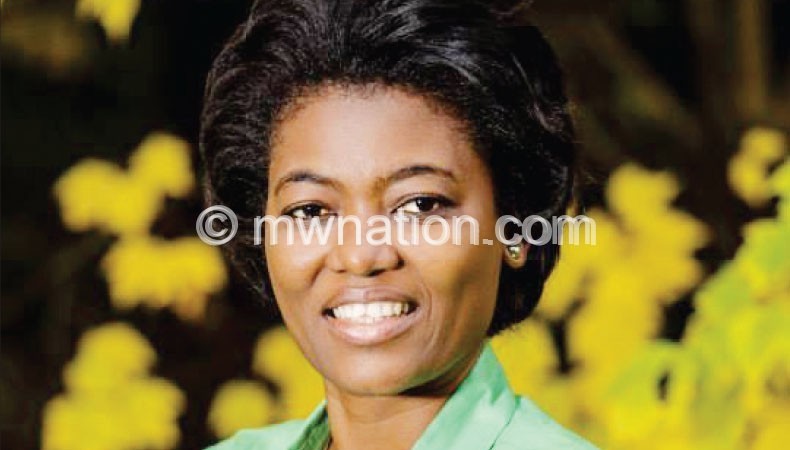Government seeks K9bn for boreholes, toilets

Members of Parliament (MPs) yesterday started debate on government’s proposal to borrow K9 billion (US$21 897 810) from the African Development Fund (ADF) to partly finance drilling of 450 boreholes and construction of 166 toilets at trading centres and markets across the country.
Minister of Finance, Economic Planning and Development Goodall Gondwe tabled the Loan Authorisation Bill which he said seeks to spur social and economic growth to improve health of the marginalised rural population.
The project, which will be implemented in Rumphi, Nkhotakota, Ntcheu, Phalombe and Mangochi at a cost of K15.4 billion (US$37 469 586.4), will have three components, including capacity building and project management.

Said Gondwe: “Under the component of water infrastructure development, there will be rehabilitation of 12 gravity-fed water supply systems and construction of 450 boreholes not covered by the gravity-fed systems.”
The second component will promote sanitation and hygiene through construction of 166 toilets in markets and trading centres by sex and to include those for the physically disabled.
The loan from ADF would also be used to construct staff houses and develop training and monitoring and evaluation systems.
Government is expected to borrow an additional $7.5 million from the African Development Bank (AfDB) through the Nigeria Trust Fund and a grant of $4.65 million and government is expected to contribute $3.7 million in kind.
Malawians will start repaying the loans after a 10-year grace period for 30 years at a 0.5 percent interest.
Responding to the bill, Dedza East MP Juliana Lunguzi (Malawi Congress Party [MCP]) said 50 years after independence, Malawi should not be borrowing such large sums of money to build toilets.
She said: “Fifty years after independence and knowing that 30 percent of boreholes become unoperational, do we seriously think boreholes are the way to go?”
Spokesperson for MCP on agriculture, Felix Jumbe, warned that the funds borrowed should not be lost through corruption.
He said this could be done by providing MPs and district councils with detailed project information so they could trace progress on the rehabilitation of the 12 gravity fed water systems and construction of 450 boreholes.






Mediocre thinking. Goodal Gondwe has lived in developed countries and he knows this borehole crap cannot develop Malawi. Why do we find it hard to love our country? Boreholes in this day and age? Lunguzi is right, we need to rethink.
Very sad indeed when educated and well travelled people promote such kind of development!!
DPP, are you sure your priority is toilet and boreholes? Are you not aware that hospitals still need urgent attention? Please DPP mutichitisa manyazi zoona zimenezi.
I concur with what Ms Lunguzi is saying. Honestly we need to be talking of piped water and dams that can feed toilets and safe drinking water and irrigation and not borrowing for toilets and boreholes. If It were me, I would rather engage local engineers to come up with dam designs and people in these areas thru the food for work program’s and PVHO equipment to do this work as a daily working schedule. Use the money to buy the equipment needed and pay the workers. We also have to think about harvesting water and ways to discourage population growth.
We also have to think (of) ways to discourage population growth.
Exactly! That would be the beginning of alleviating most problems with the country.
Listen! public toilets are a very important way of preventing disease! boreholes means peopele do not get the diseases in the first place by drinking cleaner water! what is wrong with this? of course everythng is now an emergency in Malawi because so much was ignored. But do not trivialise public hygeine because it helps to reduce disease! So NO I dont agree with Lunguzi this is as important a cause as any! Its just that there are too many urgent needs in Malawi and where the hell does one break the cycles without upsetting someone!
I think you are missing the point madam. Public hygiene will always be very important in any society let alone ours in Malawi. Our debate is on the best way of sorting this problem in both rural and urban areas by looking at the most effective ways possible, taking into account the huge money we are borrowing, the quality of the service we want to offer and of course the urgency of the matter. It’s important to look at medium to long term solutions if we have to, as you rightly say break the vicious cycles but at the same time bring in innovations and improvements on what we are used to.